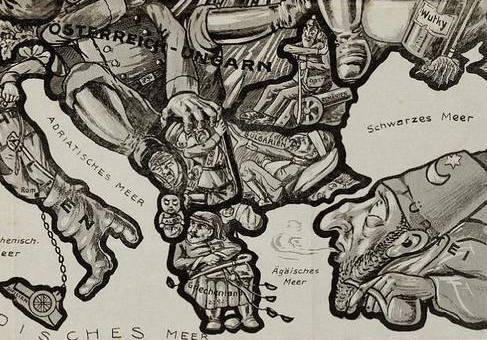Siljanovska emphasized that a nation’s constitution represents its supreme law and a social contract between its citizens, citing Rousseau. She outlined that amendments to the Basic Law of North Macedonia can only be proposed by the president, the government, at least 30 MPs, or 150,000 citizens. “It is evident that the authority to amend our constitution cannot be imposed by a neighbor or the EU,” she said, noting that such a condition reopens sensitive issues of history, culture, and language, which had been thought resolved under the Prespa Agreement with Greece.
Pointing to international norms, Siljanovska stressed that agreements should indeed be respected - “pacta sunt servanda” - but noted that the 2017 Treaty of Friendship, Good Neighborliness, and Cooperation with Bulgaria contains no provisions requiring constitutional changes. She also referenced the EU’s foundational principles of “unity in diversity” and respect for cultural and linguistic identity, questioning how these commitments align with demands to negotiate over internal historical and cultural matters.


